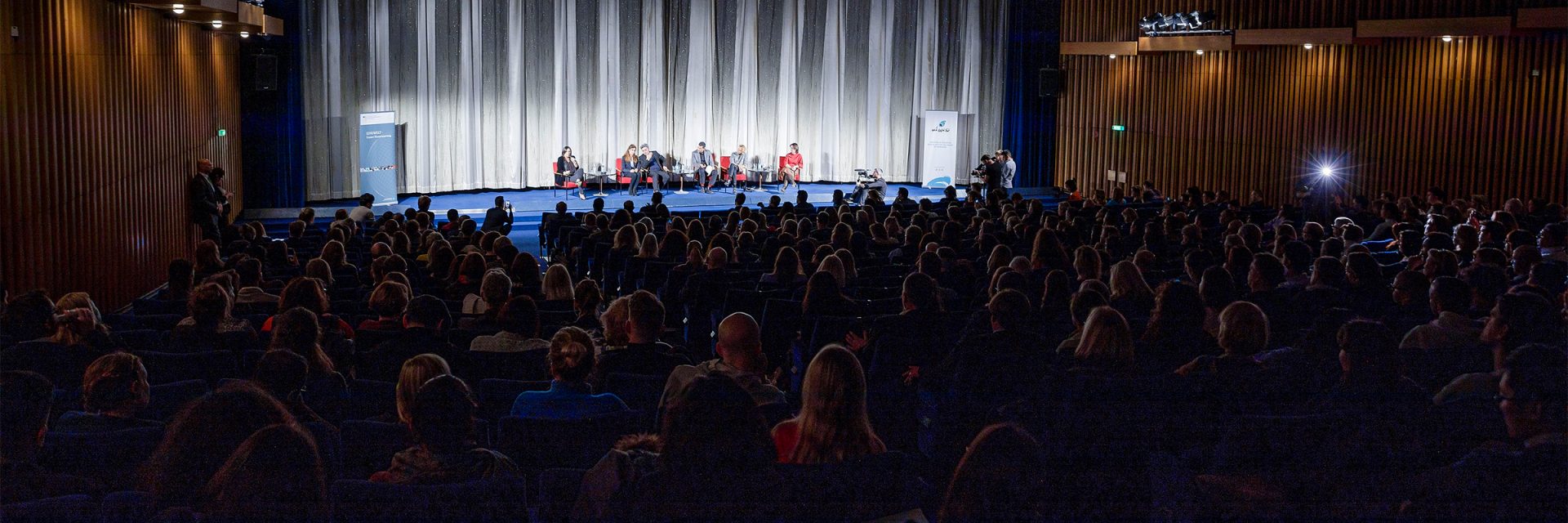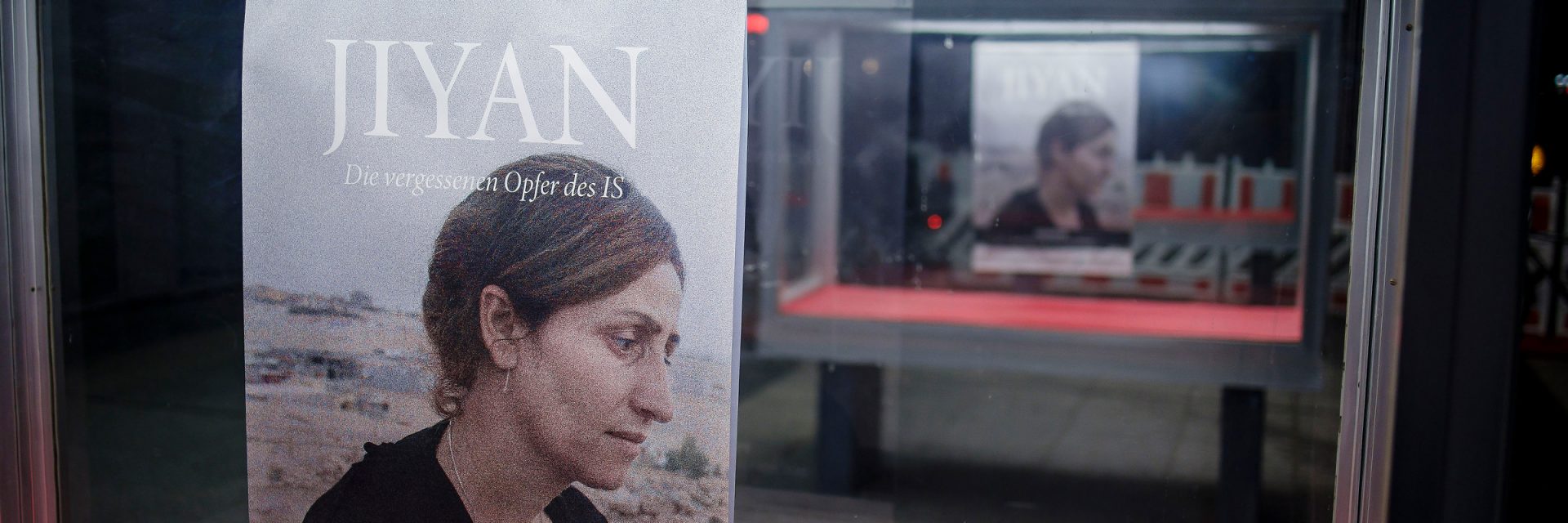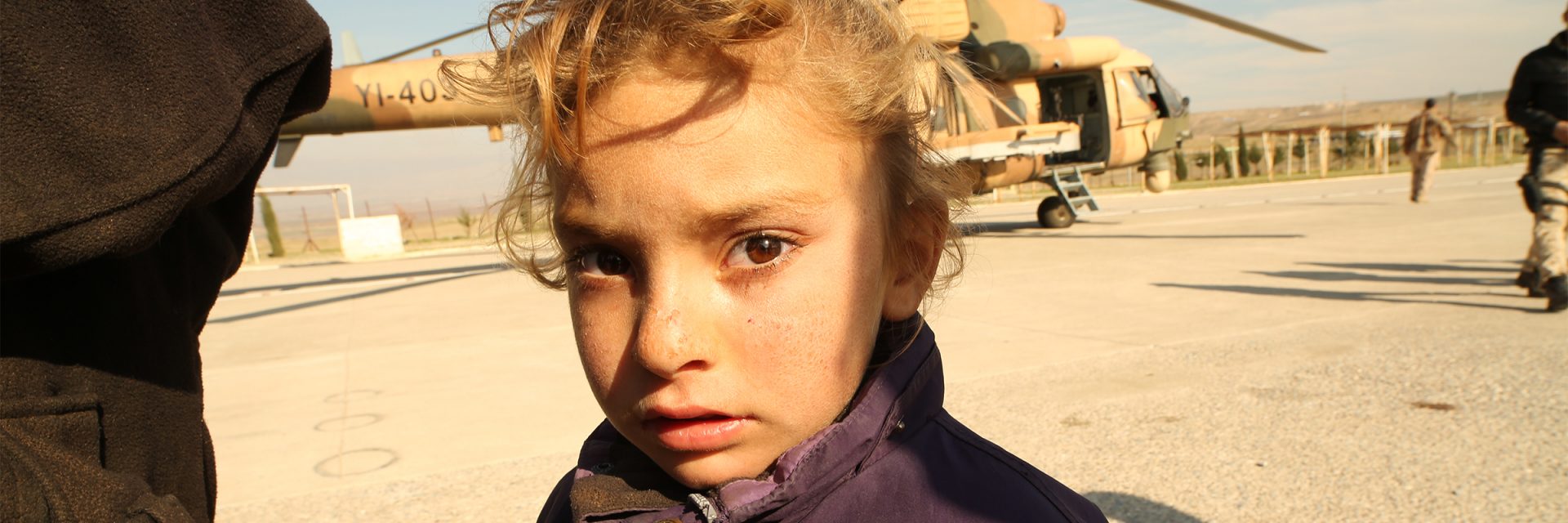Our Documentaries
Open hearts trough stories.
Sexual violence was used as a weapon of war in Iraq in 2014, neither for the first nor the last time. This type of systematic persecution and destruction of ethno-religious minorities has been used in historical as well as contemporary conflicts on all continents. In order to advance the reconstruction of post-conflict regions, combating the root causes of flight and developing safe zones for survivors, education and awareness-raising work is needed. The two documentaries “HÁWAR — My Journey to Genocide” and “JIYAN —The Forgotten Victims of ISIS” are aimed primarily at political decision-makers and development policy actors, but also at young people at schools and universities, as well as at broad sections of European and international society. The crucial role of women as agents of change in development cooperation is made visible in both documentaries. The genocide of the Yazidis and the terrible suffering of the women who were sold, enslaved and sexually abused serves as a case study within these films and is representative of the experiences of many affected women and minorities worldwide.


